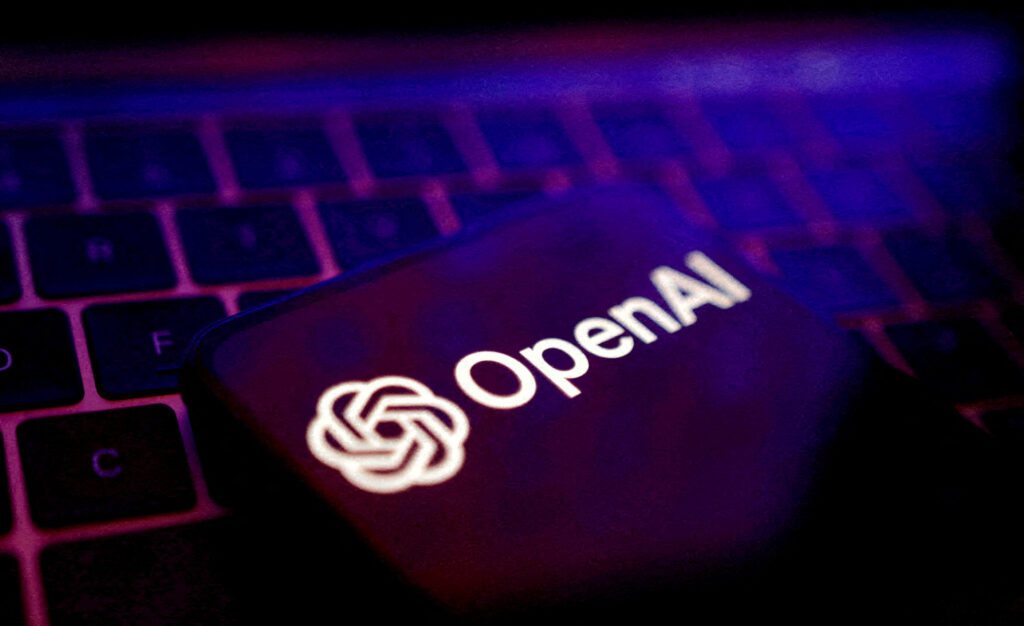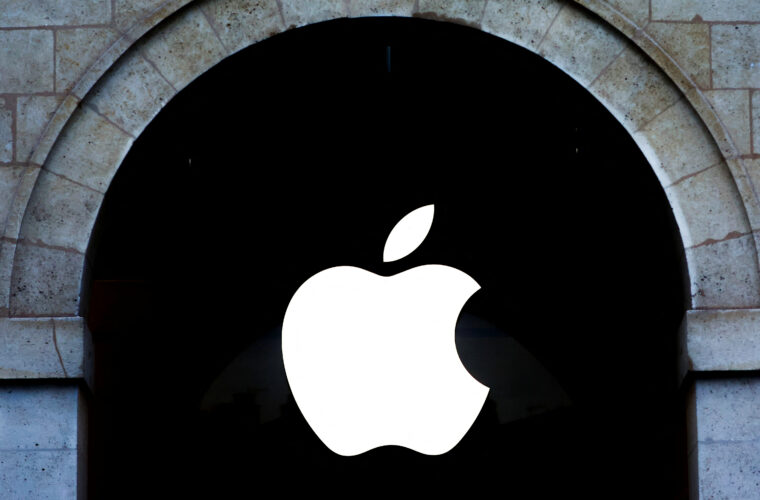By Niket Nishant
(Reuters) – AI heavyweight OpenAI is in talks to raise funds at a valuation of $150 billion, Bloomberg News reported on Wednesday, a move that would fortify its status as one of the biggest startups in the world.
The maker of viral chatbot ChatGPT is discussing raising $6.5 billion from investors, the report said, citing people familiar with the matter, and another $5 billion in debt from banks in the form of a revolving credit facility.
OpenAI’s new valuation would be 74% higher than the $86 billion it fetched in a tender offer earlier this year.
The company did not immediately respond to Reuters’ request for comment, and Thrive Capital, which Bloomberg News earlier said would lead the funding, declined to comment.
The frenzy sparked by its ChatGPT has made OpenAI one of the biggest players in the artificial-intelligence industry.
The company, led by Sam Altman and backed by technology behemoth Microsoft, has steered a resurgence of Silicon Valley’s interest in the space.
Forge Global Holdings, a marketplace for private securities, on Wednesday added OpenAI to its list of “Private Magnificent Seven” startups.
The Magnificent Seven is a group of publicly traded mega-cap stocks including Microsoft, Apple, Google-parent Alphabet, Tesla and others.
The latest capital injection will allow OpenAI to stay private for longer. Most high-flying startups are avoiding going public due to the regulatory costs and the volatility of stock markets.

Alternative sources of capital like private equity firms and funds such as Destiny Tech100 and ARK Venture Fund have also dimmed the appeal of initial public offerings.
But investors do enjoy the liquidity that public markets offer. “Venture capitalists are going to want some liquidity and the way for them to get that is either the company sells itself or goes public,” said Chelsea Childs, partner at law firm Ropes & Gray.



